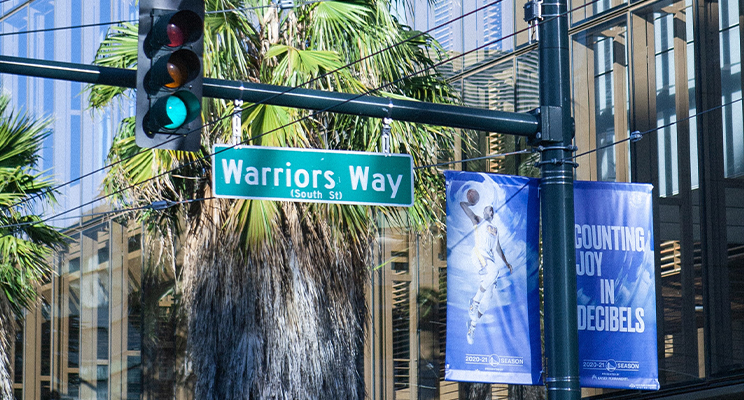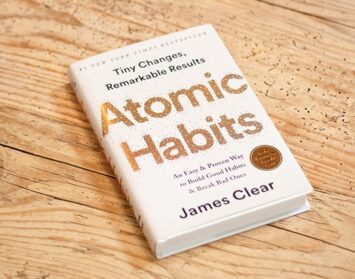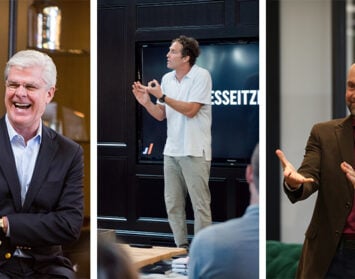By Jason Hughes
As you may know, Steve Kerr has earned the reputation for being one of the finest coaches in the sport of professional basketball. In Kerr’s first five full seasons as head coach of the Golden State Warriors (2014-2019), the team made five consecutive NBA Finals appearances, won three championships, beat the single-season record for the most wins, climbed to the highest 5-season winning percentage in history, and has widespread acknowledgment as one of the game’s few dynasties. What many people don’t know is that Kerr’s only coaching experience before the Warriors was his 7th-grade son’s youth team—which one of my sons played on. Kerr was intense—even for 7th graders!
After an amazing five-year run, the 2019/2020 season was a much different story. The Warriors lost several key players to injury or transfer, and there was serious concern that the Warriors’ dynasty was over. A lot of focus was placed on how the team could get back on track for the season and become contenders to win the championship again, but Kerr argued that “for those in the organization, a different, less results-oriented definition was more immediately relevant. The goal should not be to win a certain number of games or to go deep into the playoffs. Instead, it should be to reaffirm the team’s culture and core values, and to find ways for the team to operate in accordance with them.” Kerr and his assistant coach Ron Adams wanted to evaluate the winning years—as well as the recent losing season–and figure out how to get the team on the right trajectory.
I recently shared one of Kerr’s quotes at a company team meeting: “We’re all from different backgrounds, but deep down we’re all the same. We’re all humans, we all have vulnerabilities, the difference is merely in our experiences and how those vulnerabilities are manifested.” I hadn’t before heard this spin on how people succeed. It resonated that our “experiences” of vulnerabilities and the corresponding manifestations are a key factor in one’s success. By understanding this, individuals–and teams–can overcome their prior internal limitations.
When Kerr first joined the Warriors as head coach, one of the first things he did was spend time with coach Pete Carroll of the Seattle Seahawks. After spending a couple of days with him, Carroll asked Kerr if he “had decided how you’re going to coach your team?” Kerr responded, “Like, what type of offense will we run?” Carroll said, “No. That’s not what matters most. The key is what type of culture you create, and what the guys feel every day when they show up at the arena.” Carroll told Kerr that it took him 10 years to figure out for himself that to succeed, “a coach has to have core values that come alive each and every day, and with which the players truly connect. Because if the players cannot connect, values just become words on a page.”
Kerr worked with Carroll to pare down an original list of values from ten to four, which he believed captured what was most important—joy, competition, compassion and mindfulness. As CEO of a company that lives and breathes our ten core values, his four truly resonated with me, and relate heavily to Hughes Marino’s own values, which I reflect upon below.
Joy
Kerr felt that it was imperative that the players not lose their love—and joy—of the game of basketball. He said, “even though now it has become for us a job, a career, something we’re paid to do, something we take very seriously, that sense of pleasure and play must not be lost.” He instituted loud music to be played during practice, which is surprisingly rare for basketball games, and promoted humor and practical jokes. Laughter abounds, which brings joy and builds comradery. What do you do as a leader in your business and in your personal life that brings you joy? At Hughes Marino, we have embraced joy in all we do with our core value #3; enjoy the journey. Create fun—as a team, for our clients, and with our families. Remember enthusiasm is contagious. Make it fun for our clients to work with us. Happy people make happy clients.
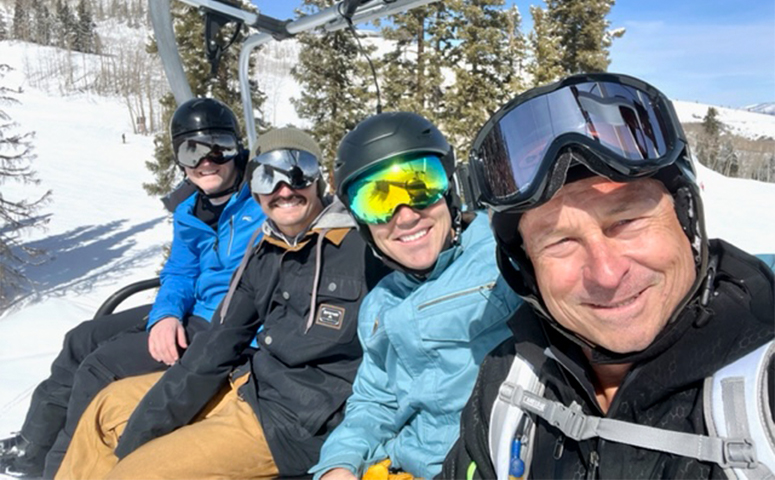
Competition
Kerr believes that the mindset required to win games has to be developed and trained during practice. As such, the team routinely embarks on shooting contests and scorekeeping during drills or scrimmages. They also foster competition outside of the arena with ping pong tournaments and team bowling nights. At Hughes Marino, we often have friendly competitions at broker team meetings and a thriving monthly billiards tournament in our offices that have garnered some of the best camaraderie among our team members. What have you implemented within your company and among your team to build the foundation of (friendly) competition?
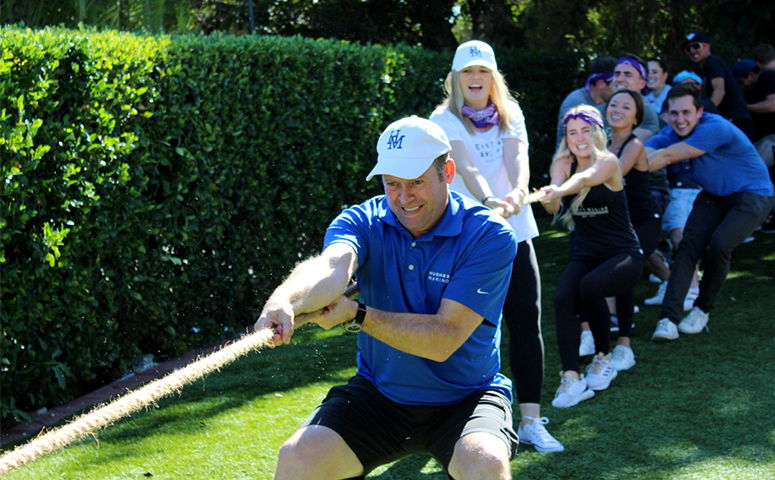
Compassion
This is the most unusual of the four values, especially in the professional sporting world, where norms foster players to be tough and stoic, but Kerr believes this one to be the most important while at the same time the hardest. He believes it’s important to have compassion for not only your teammates, but your opponent as well. He says, “compassion starts with understanding that everyone, from superstar Steph Curry down to the last player on the bench, is probably dealing with something. It’s critical that we all acknowledge that while the nature of the adversity or struggle may differ somewhat, at the root level it’s still about vulnerability and shared human experience.” As business leaders we must lead by example, and make a conscious effort to build more compassion in our business strategies and interpersonal relationships with our teams.
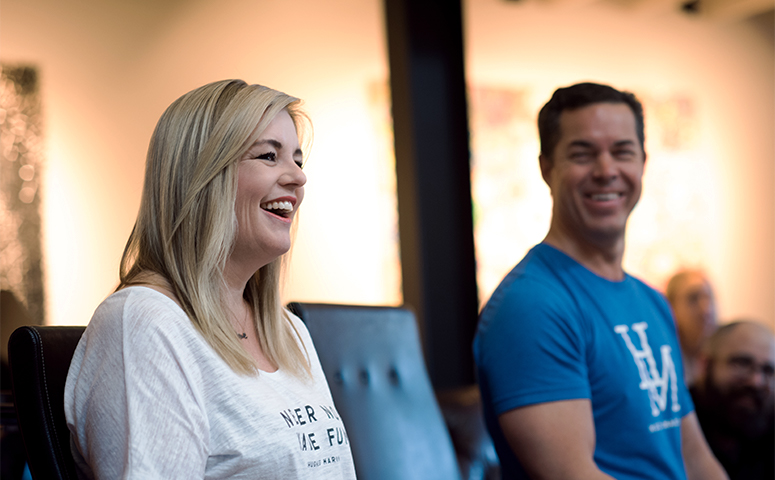
Mindfulness
Kerr says mindfulness “may be the most elusive for us, in part because although we practice these things, neither myself nor anyone on my coaching staff is qualified to lead the group through yoga, breathing exercise or meditation.” Yet the “driving idea behind mindfulness is that there is immense value in being more present, and in understanding how to enter and remain in that state we often refer to as ‘the zone.’”
Something else I found very valuable was the way Kerr handled his first days and weeks with the Warriors. He began by saying “you guys have already accomplished a lot. Let’s not change too much, but let’s find ways to be even better, especially on offense.” He wasn’t trying to change everything, he just wanted to work on a few areas to get better. What areas can you get better and be more mindful of daily? How can you implement mindfulness in your company?
For Kerr and his team, goal setting was process-driven rather than value-driven. Kerr never set a goal to win a specific number of games. Rather, he wanted to focus on process-driven goals, such as “be dominant on our home court” or “take more high-quality shots.” One example included a specific statistical goal: to pass the ball 300 times per game as a team—up from 250 the prior year. What process-driven goals can you commit to setting?
Especially relevant in today’s hybrid-work era, Kerr felt that getting the team together DAILY was, and continues to be, a priority. He believed that being together daily helped create a sense of normalcy around open and honest conversations. I too believe that more and more business leaders will realize how lacking hybrid work is for creating “a sense of normalcy around open and honest conversations” over time, along with all of the other limitations of not seeing your teammates regularly.
As evidenced above, Kerr is a fine example of a leader and embodies the concepts that are valuable in today’s ever-changing and hybrid-work era—something we can all learn from. The Harvard Business Review Store article goes further into details about the leadership style and success of the team, however, if I were to summarize the points to what I found most important, they would be:
- Our culture, core values and teamwork have never been more important.
- How can we use our challenges to empower us for greater success?
- Connection with each other is critical. Is each of us being a great teammate?
- Joy: are you having fun? If not, how can you change that?
- Competition: what contests can you and your respective office create to nourish this?
- Compassion: remember to have empathy for everyone, as everyone has their challenges in life.
- Mindfulness: how can we each find and stay in “the zone”? Please feel free to contact me and share your tips!
- Goal setting: what are a few process-driven goals you can create for yourself? For your teammates? For our company?
A final thought—as leaders, the buck stops with us and how we build our team, grow our companies and elevate our culture. We must lead by example, through competition, compassion, joy, mindfulness and more, as coach Kerr and Carroll have done so successfully over the years. By keeping these concepts front and center, any business can be a champion, in culture, operations, and financial success, for many years to come!
Onward!
Jason Hughes is founder of Hughes Marino, an award-winning commercial real estate company with offices across the nation. A pioneer in the field of tenant representation, Jason has exclusively represented tenants and buyers for more than 30 years. Contact Jason at 1-844-662-6635 or jason@hughesmarino.com to learn more.

